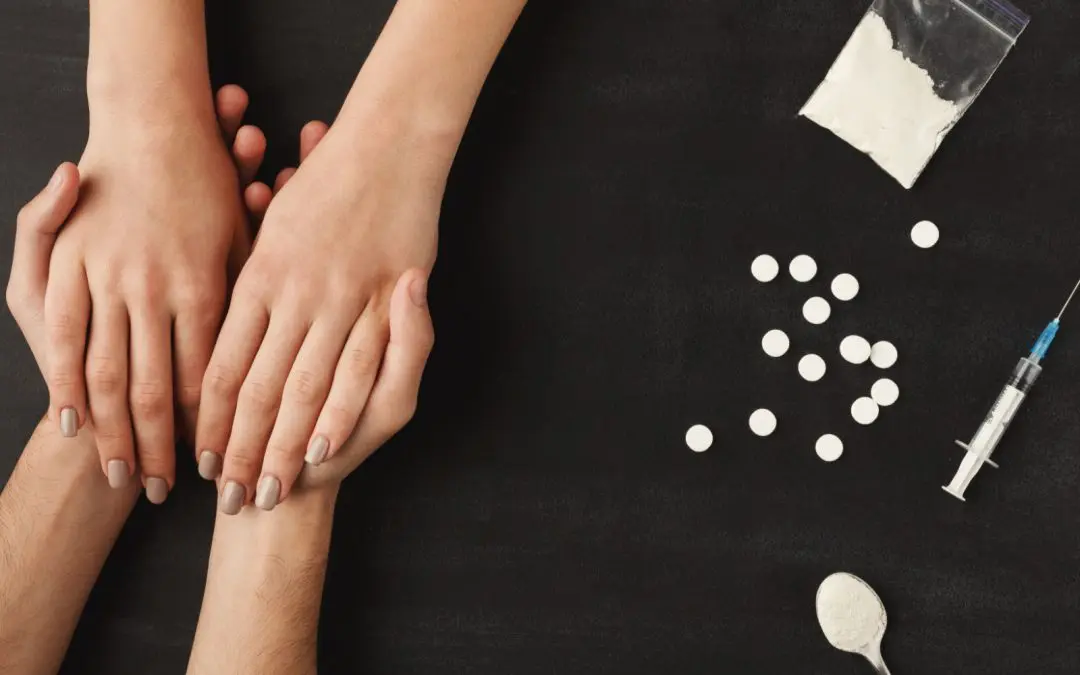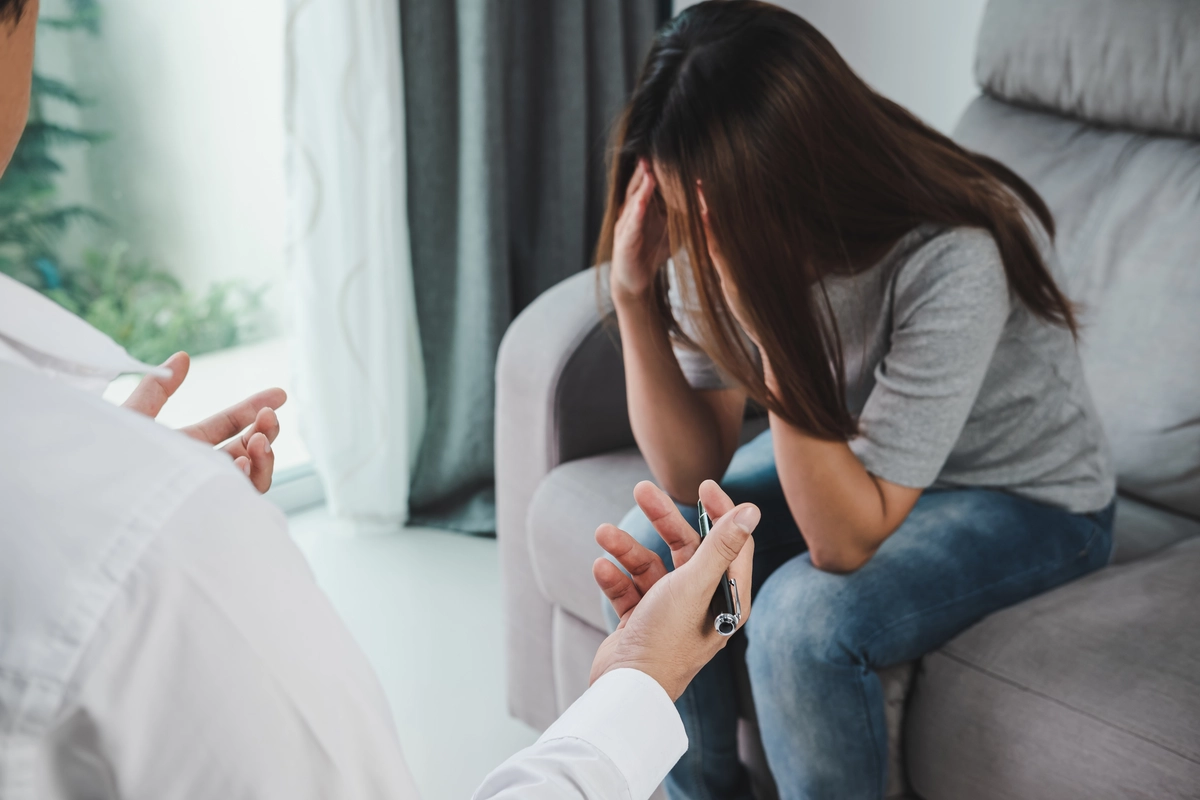24/7 Helpline:
(866) 899-221924/7 Helpline:
(866) 899-2219
Learn more about Bipolar Disorder Treatment centers in Lake County
Bipolar Disorder Treatment in Other Counties

Other Insurance Options

Health Partners

Holman Group

Amerigroup

UMR

Anthem

Providence

Meritain

Ambetter

Highmark

American Behavioral

Medical Mutual of Ohio

Excellus

Group Health Incorporated

Health Net

Health Choice

State Farm

Lucent

Premera

CareFirst

Molina Healthcare





































































Lake County Mental Health Department
Lake County Mental Health Department is a public rehab located in Christmas Valley, Oregon. Lake Cou...














